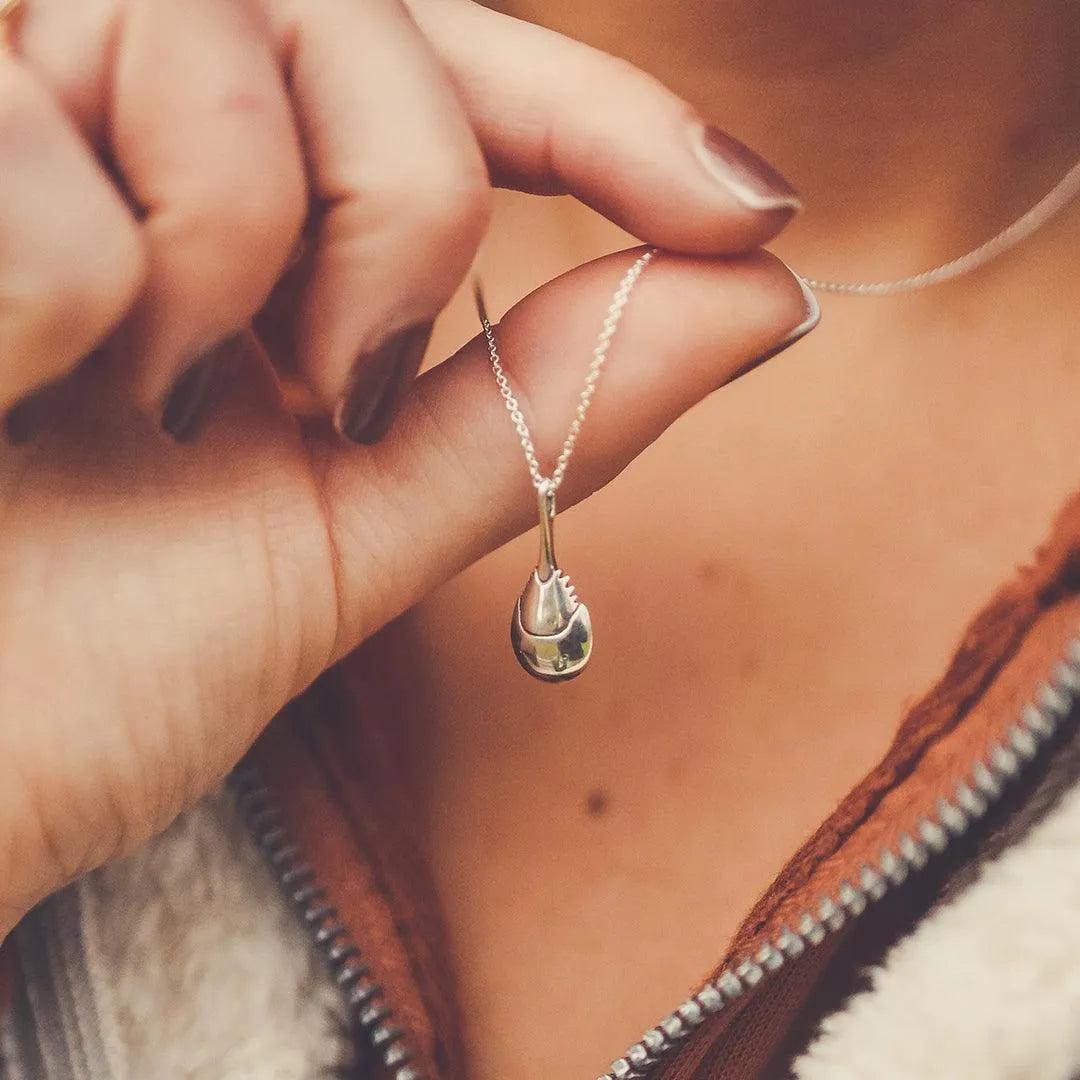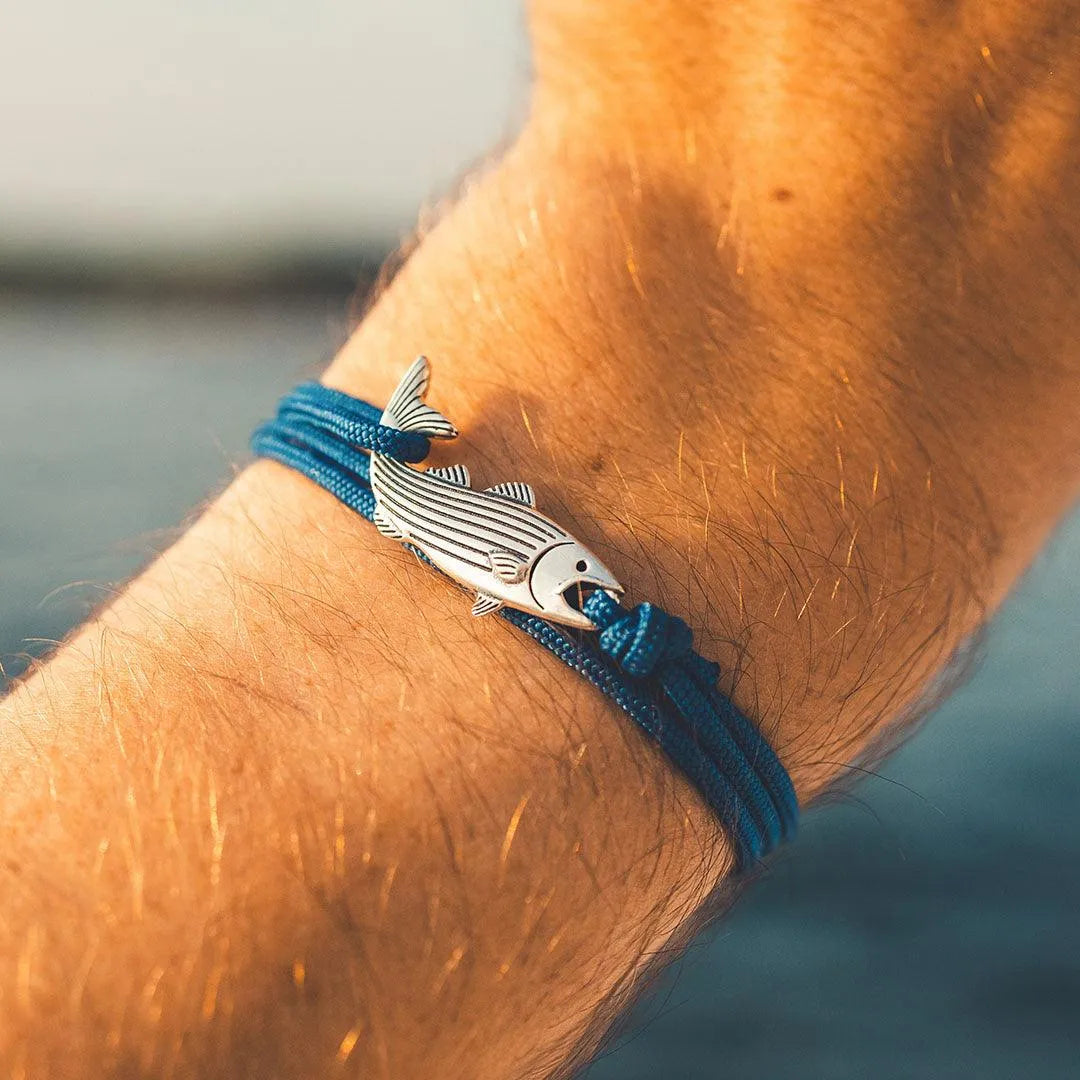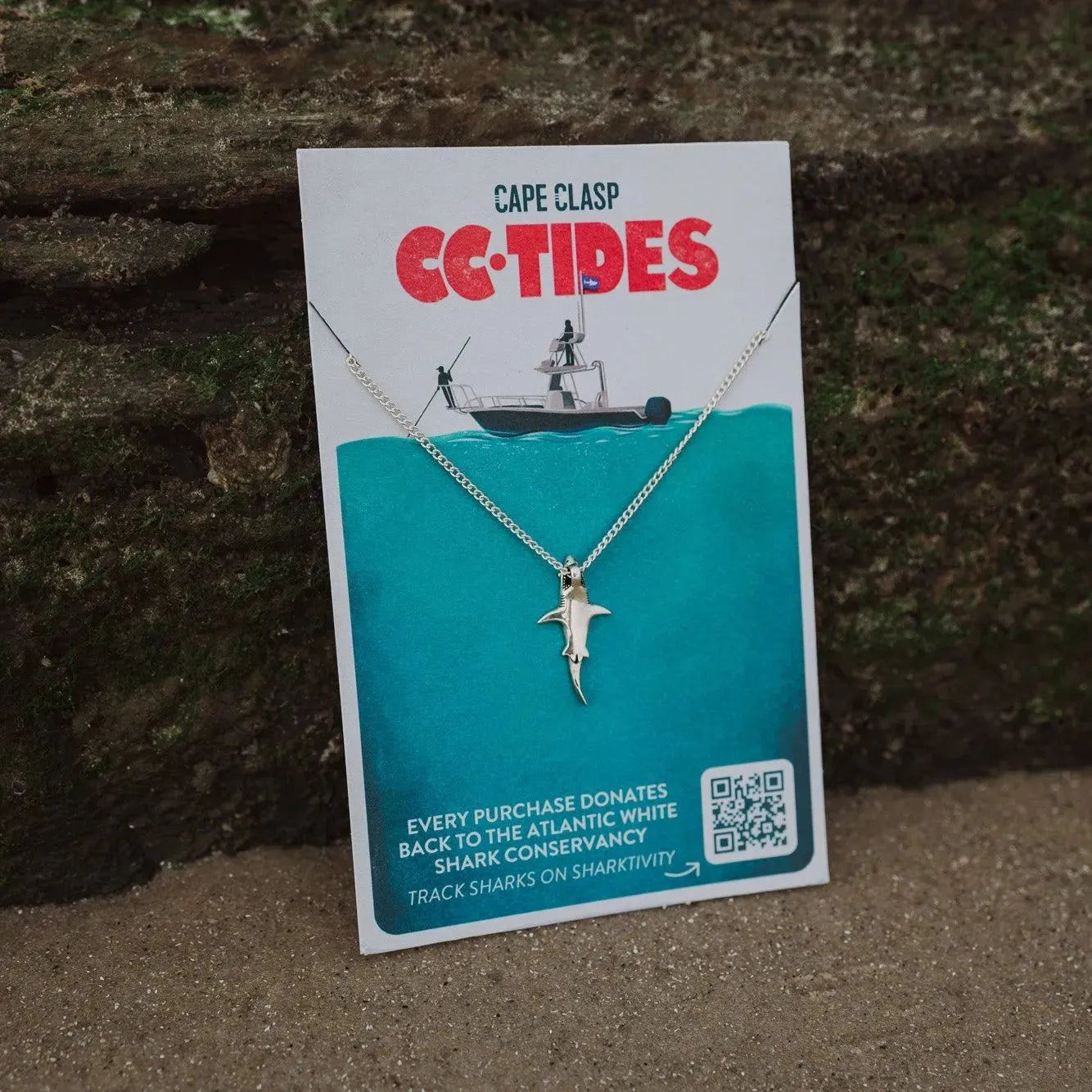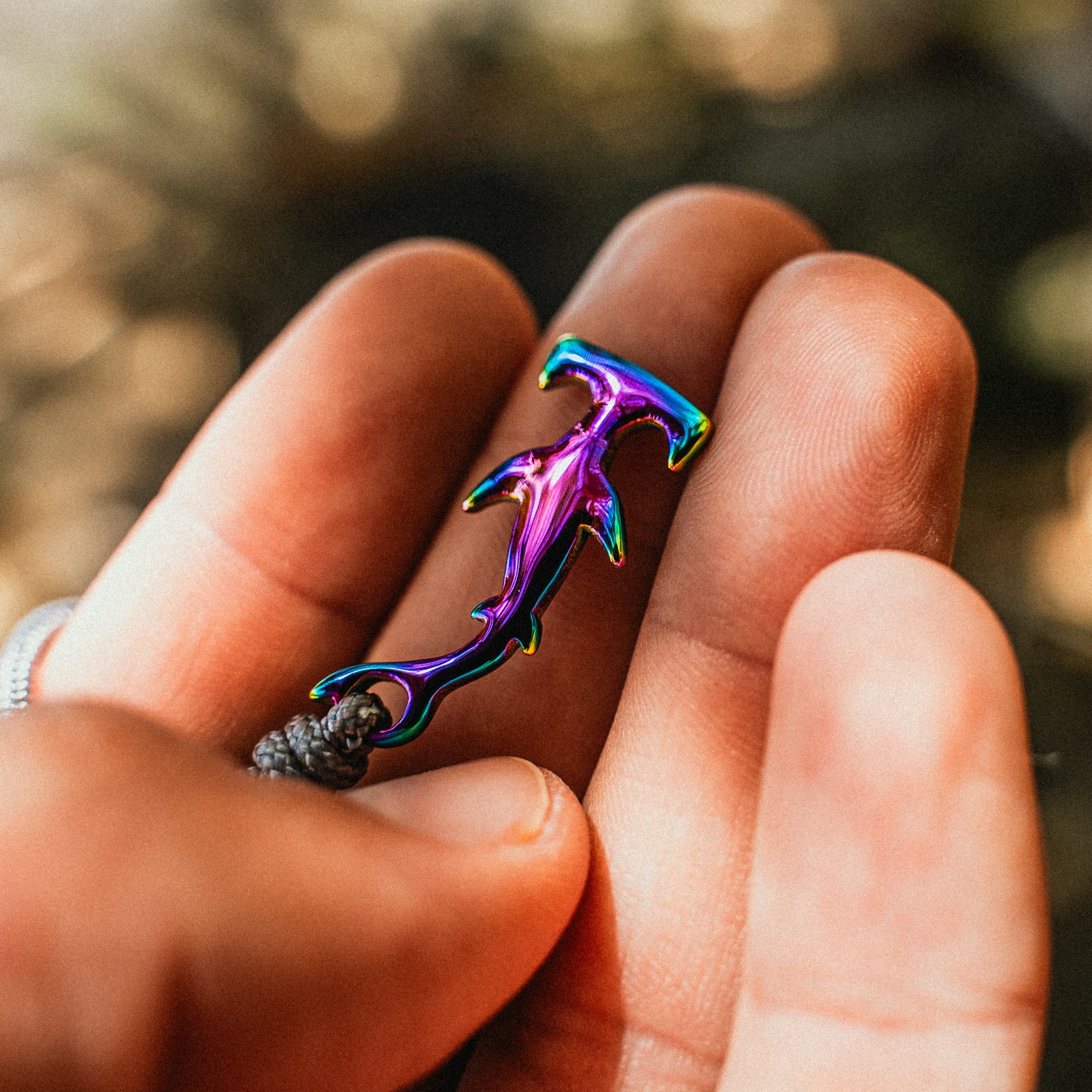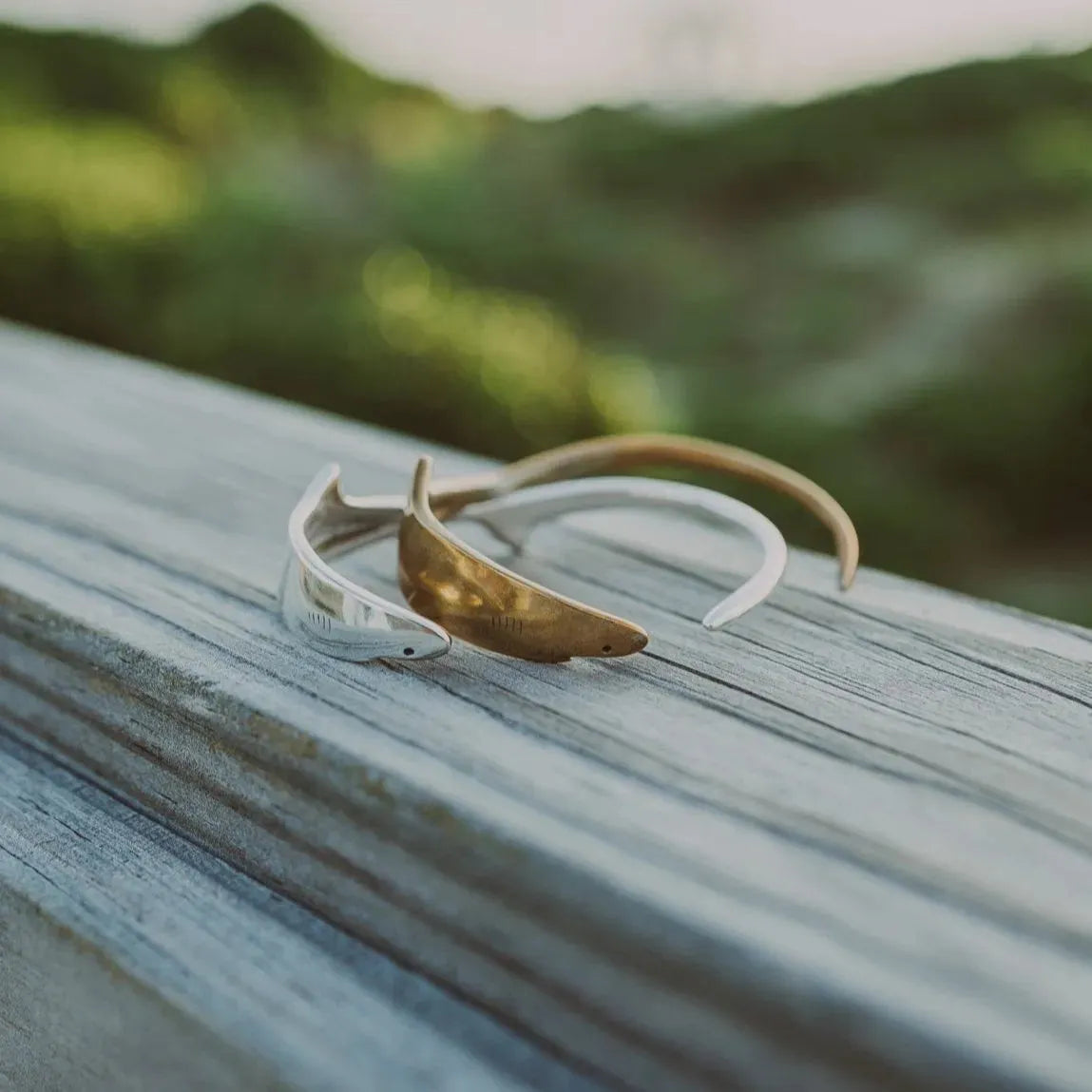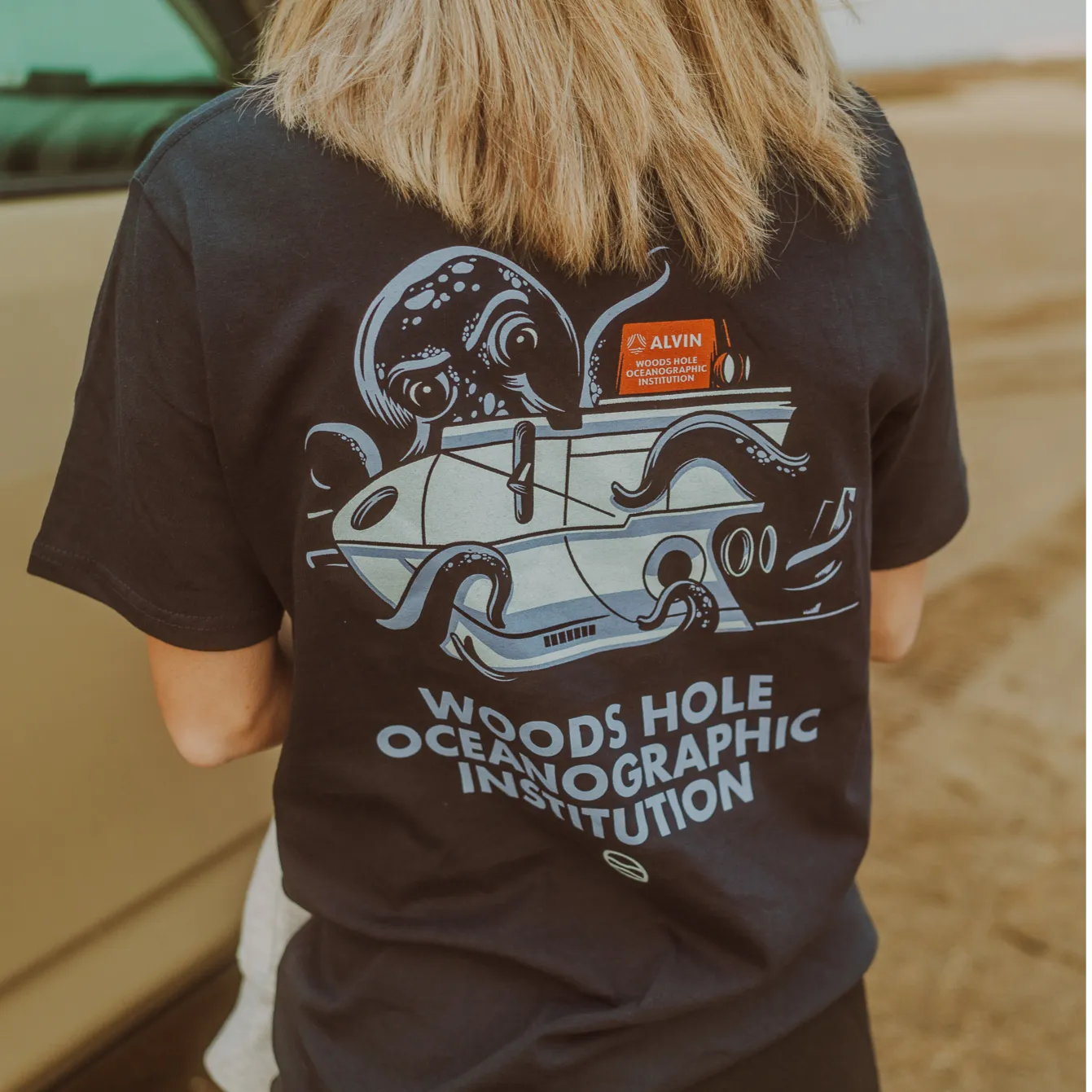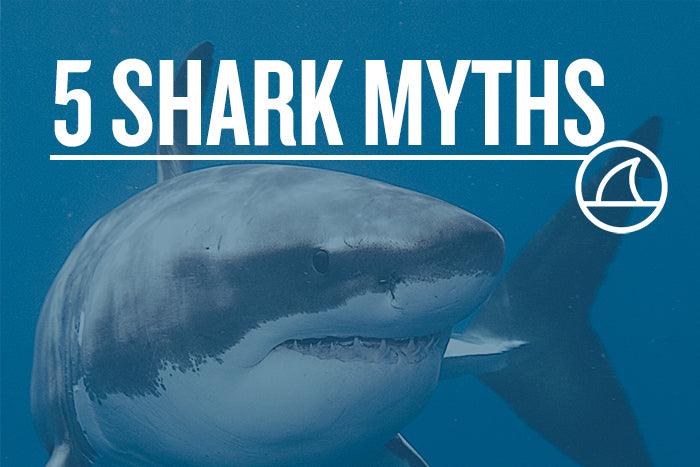
5 MYTHS ABOUT SHARKS
Every year since 1988, the Discovery Channel has dedicated an entire week of television to covering one of the most fascinating and feared animals on planet: the shark. Shark Week educates viewers on the different species of sharks, recounts terrifying shark attacks, and highlights the surprising discoveries of researchers (even on Cape Cod!).
Unfortunately, there is still much work to shift the public’s perception of sharks from that of a bloodthirsty monster to an important and threatened predator that needs to be protected. In celebration of Shark Week, we’re busting the top five myths about sharks.
Sharks are man-eaters
In the early 1970s, Peter Benchley wrote Jaws, a suspense novel about a rogue shark that began terrorizing swimmers in the fictional New York vacation town of Amity. After the novel and Academy Award-winning movie were released, sharks were targeted and killed in coastal waters across the country, despite the fact that the odds of being killed by a shark are just one in 3.7 million. Because of this, Benchley decided to dedicate the rest of his life to ocean conservation and changing the public opinion of sharks.
Lucky for us, humans are not part of a shark’s diet. Most shark attacks or bites are a result of mistaken identity. Sharks prefer fattier forms of prey, like seals or sea lions, and often use their bite to identify the things they encounter in the ocean. Unfortunately, just one bite can prove fatal.
Hunting sharks prevents attacks
Humans are far too bony for a shark’s pallette, but aggressive attacks do happen. But, there are proven steps that can be taken to reduce the likelihood of attacks on humans, such as only swimming in groups, not wearing shiny jewelry in the water, avoiding swimming at dawn or dusk, not going in the water when bleeding, and leaving the water when seals are swimming nearby.
Unfortunately, acts of revenge and culling are common after shark attacks. In Western Australia, drum lines are set up after shark attacks in an attempt to catch the shark responsible for the attack. This procedure is not proven to be effective; it’s impossible to know if the right shark was caught, so innocent sharks that were in the wrong place at the wrong time are killed for no reason.
There are plenty of sharks in the sea
In 2017, sharks attacked and killed just five people, while humans kill an estimated 100 million sharks every year both intentionally (for sport or their fins) and accidentally (irresponsible fishing practices). Not only is this figure startling, it has serious implications for the future of a balanced marine ecosystem: Sharks, at the top of the food chain, play an important role in maintaining the health of the ocean.
We know a lot about sharks
Researchers around the world are dedicating their lives to better understanding the more than 400 species of sharks in our oceans. But, there is much to be learned. Nonprofit organizations, like our partners the Atlantic White Shark Conservancy, Bimini Shark Lab, and the Nakawe Project, are working around the clock to understand the mating, feeding, and migratory habits of sharks and how humans and sharks can peacefully coexist with one another.
Your purchase of any of our shark designs helps further the work of our partners and protect sharks around the world. For every purchase from our shark collection, 15% of profits are donated to our nonprofit partners.
